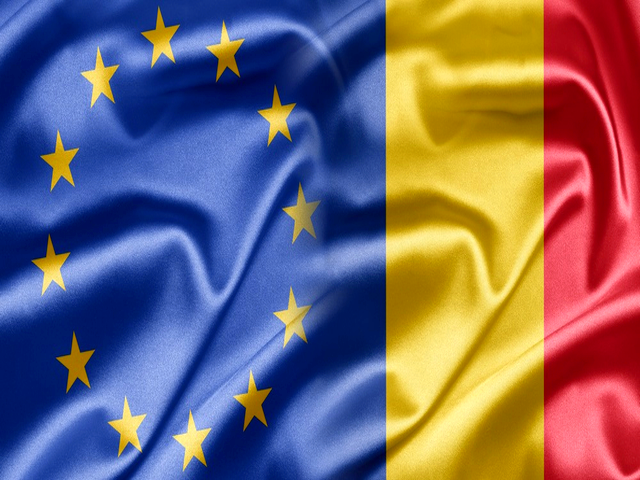10 Years of EU Membership
It was a decade of efforts and sacrifice, but also growth and development, EU Commissioner for Regional Development Corina Cretu says: “Over the last few years, Romania has become a pillar of stability in the region and an engine for economic growth. During this time European integration became the success of all Romanians, regular people and authorities alike. The pathway to further integration will benefit Romania and its citizens even more. And I say this to all young people who want to take a stance and be successful in their country: have confidence in the European project, be part of it and I guarantee the next ten years will be all that you wished for.

Daniela Budu, 03.01.2017, 12:20
It was a decade of efforts and sacrifice, but also growth and development, EU Commissioner for Regional Development Corina Cretu says: “Over the last few years, Romania has become a pillar of stability in the region and an engine for economic growth. During this time European integration became the success of all Romanians, regular people and authorities alike. The pathway to further integration will benefit Romania and its citizens even more. And I say this to all young people who want to take a stance and be successful in their country: have confidence in the European project, be part of it and I guarantee the next ten years will be all that you wished for.
The effects of EU accession are transparent in day-to-day life, in turn former EU Commissioner for Agriculture Dacian Ciolos said. Another former EU Commissioner, Leonard Orban, currently a presidential advisor, says Romania exceeded the expectations in a series of fields: “Looking back, I realize that weve achieved more than we hoped to at the time. The direction were going is a good one, allowing us to consolidate as a state and enabling our citizens to prosper, be more confident and assured of their future.
Perhaps the biggest benefit of joining the European family is the access to EU funds, aimed at developing the country and offsetting the discrepancies with older Member States. Romania failed however to absorb the funds it was earmarked, ranking amongst the most under-performing states in this respect.
According to the Eurostat, Romanias GDP went up from 98 billion euros in 2006, pre-accession, to 160 billion euros in 2015. Romania was earmarked some 40 billion euros these ten years, and contributed some 14 billion to the EU budget. Unemployment went down by 3.1% in 2015.
Some 40,000 new jobs were made available over 2007-2016. Another benefit for Romania was the free movement across community space, which translated into several million Romanians seeking better jobs abroad.
Ten years after its accession, Romania is still being monitored under the Cooperation and Verification Mechanism, is not yet a member of Schengen and joining the Eurozone remains a long-term goal.






























